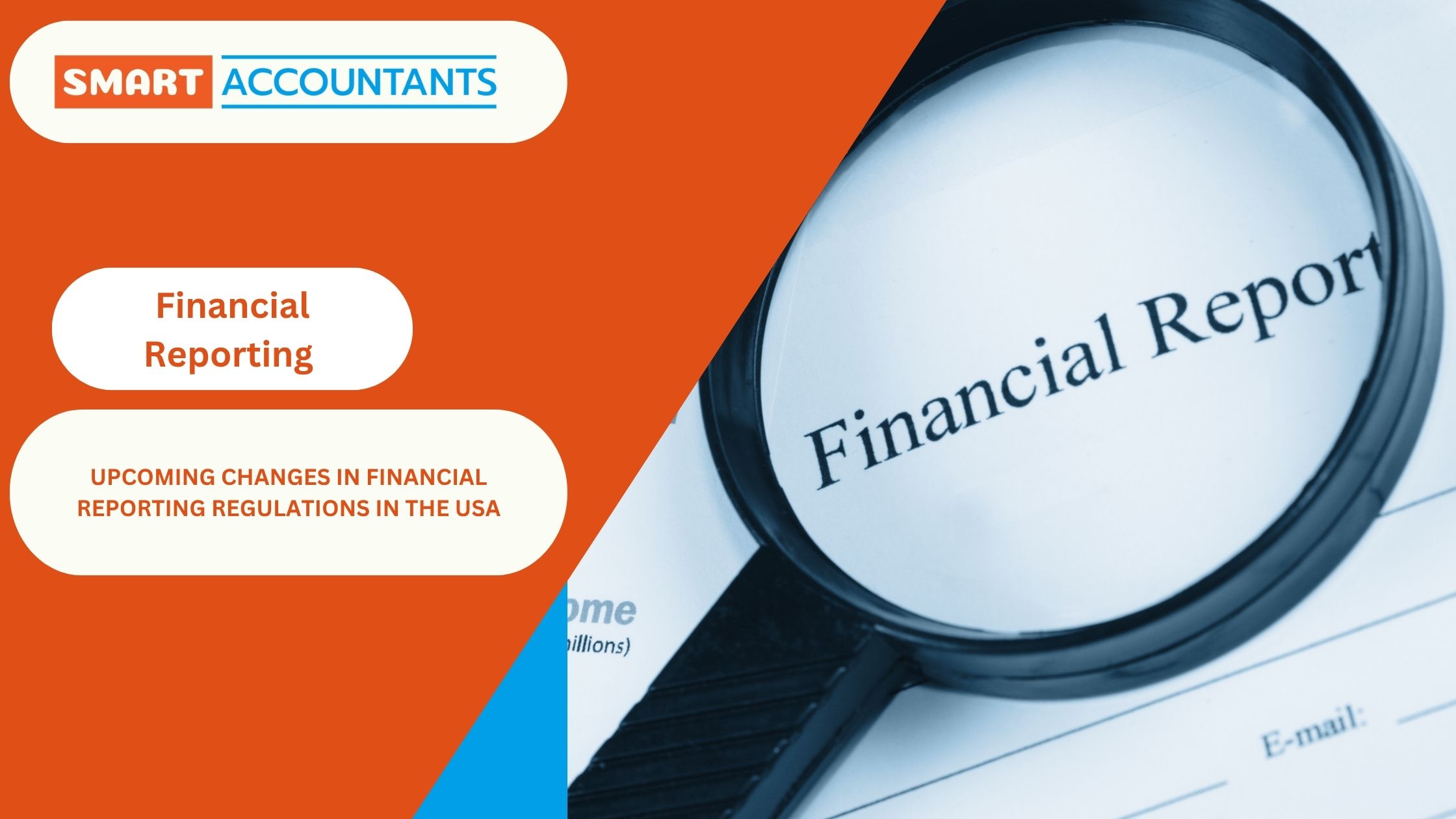Staying compliant with evolving financial reporting regulations is critical for every business. As we move through 2025, several key updates in the USA’s financial reporting landscape will impact how companies prepare and disclose their financial information. Understanding these changes helps businesses and financial reporting services providers stay ahead of compliance risks and maintain reporting accuracy.
Why Are Regulatory Updates Important?
Financial reporting regulations define how businesses must record and present their financial data to ensure transparency, consistency, and reliability. Changes in these rules can affect:
- Reporting formats
- Disclosure requirements
- Accounting standards
- Audit practices
- Tax compliance
Adapting early avoids penalties and builds stakeholder trust.
Key Financial Reporting Regulation Changes in 2025
1. FASB’s New Lease Accounting Updates
The Financial Accounting Standards Board (FASB) continues refining lease accounting standards to improve lease liabilities recognition on balance sheets. Businesses will see:
- More precise lease term assessments.
- Enhanced disclosures about lease risks.
- Changes affecting both operating and finance leases.
2. Expanded ESG Disclosure Requirements
Regulators are pushing for mandatory Environmental, Social, and Governance (ESG) disclosures in financial reports. Expect:
- Broader ESG metric reporting aligned with SEC guidelines.
- Increased transparency on climate-related financial risks.
- Integration of sustainability data with traditional financial reporting.
3. Changes to Revenue Recognition Standards
Updates aim to clarify revenue recognition timing and measurement, especially in complex contracts and digital goods sales.
4. Updated Cybersecurity Risk Reporting
With rising cyber threats, companies will need to disclose cybersecurity risks and incident impacts more comprehensively.
5. Tax Reporting Adjustments
IRS updates focus on aligning tax reporting with new tax laws and improving reporting transparency, particularly for multinational entities.
Startups looking to stay compliant and investor-ready should explore our detailed guide on Financial Reporting Requirements for Startups
How Financial Reporting Services Help You Navigate Regulatory Changes
Professional financial reporting services assist businesses by:
- Monitoring regulatory developments and interpreting impacts.
- Updating reporting processes and software to meet new standards.
- Training finance teams on compliance requirements.
- Preparing comprehensive reports with enhanced disclosures.
- Coordinating with auditors to ensure smooth transitions.
Preparing for Regulatory Changes: Best Practices
- Stay informed through regular regulatory updates.
- Conduct impact assessments on current reporting practices.
- Upgrade financial software to incorporate new rules.
- Enhance internal controls and documentation.
- Partner with expert financial reporting services for guidance.
Summary: Proactive Compliance is Key to Financial Reporting Success
Regulatory changes in 2025 present challenges and opportunities. Early adoption and expert support from Smart Accountants through financial reporting services ensure your business remains compliant, transparent, and competitive
FAQs About Financial Reporting Regulations in 2025
Q1: How often do financial reporting regulations change?
Updates occur regularly, with significant changes every few years.
Q2: Will these changes affect all businesses equally?
Larger public companies often face stricter requirements; small businesses may have exemptions.
Q3: How can I stay updated on regulatory changes?
Subscribe to official bodies like FASB and SEC updates and consult financial experts.
Q4: Do financial reporting services handle regulatory compliance?
Yes, they help implement changes and maintain ongoing compliance.
Q5: What is the timeline for implementing these 2025 updates?
Many updates have a phased implementation throughout 2025 and beyond.






